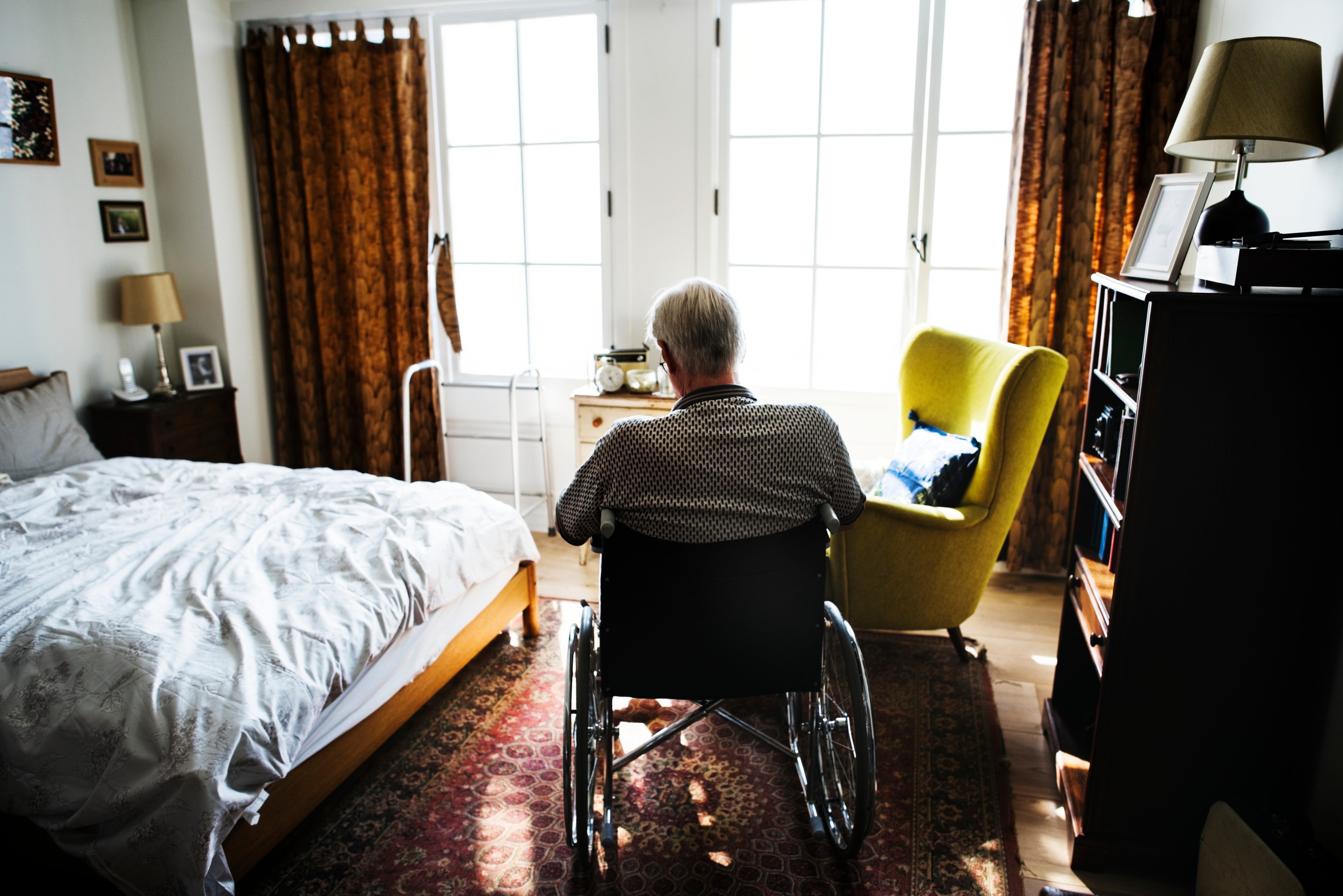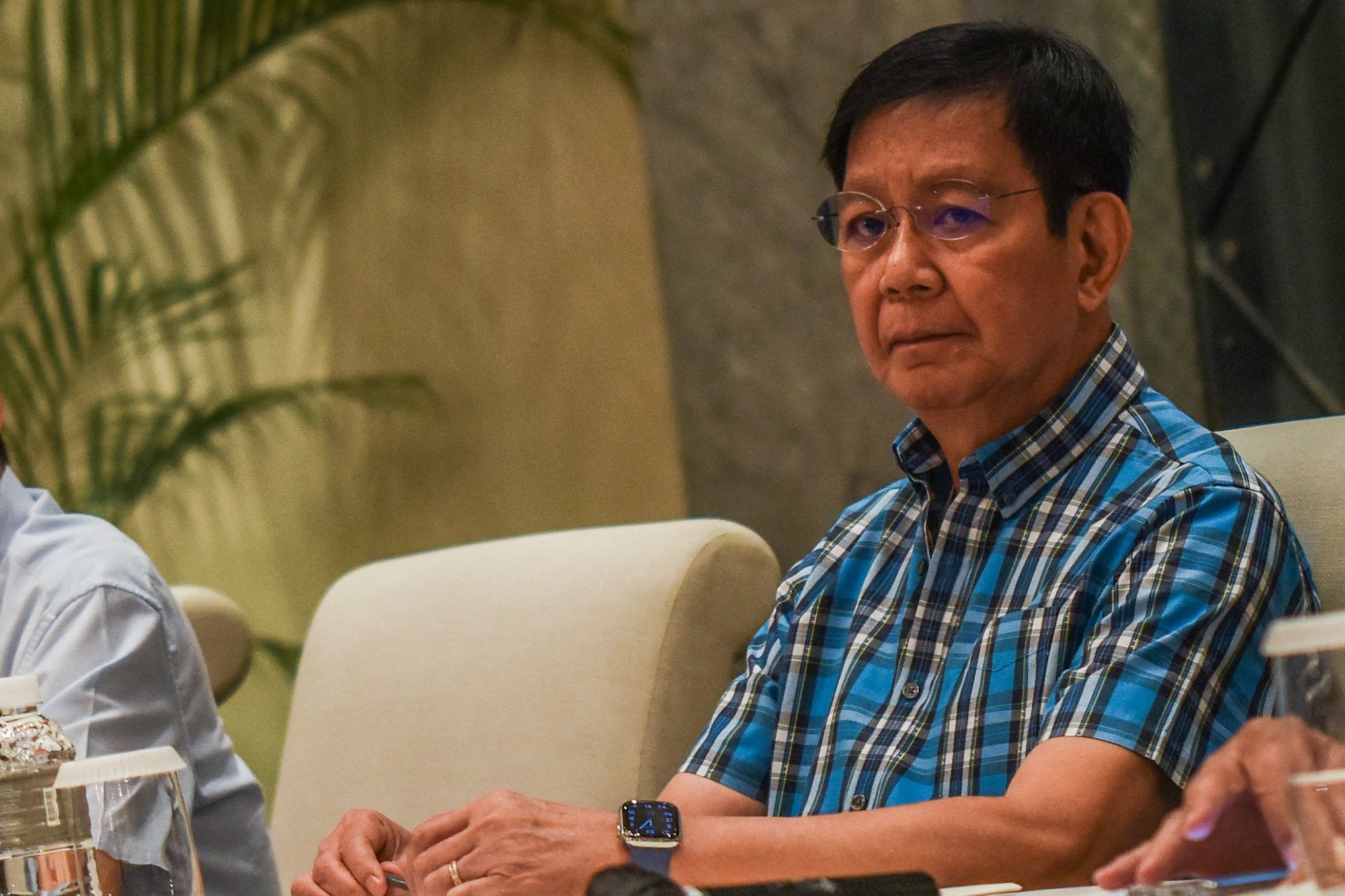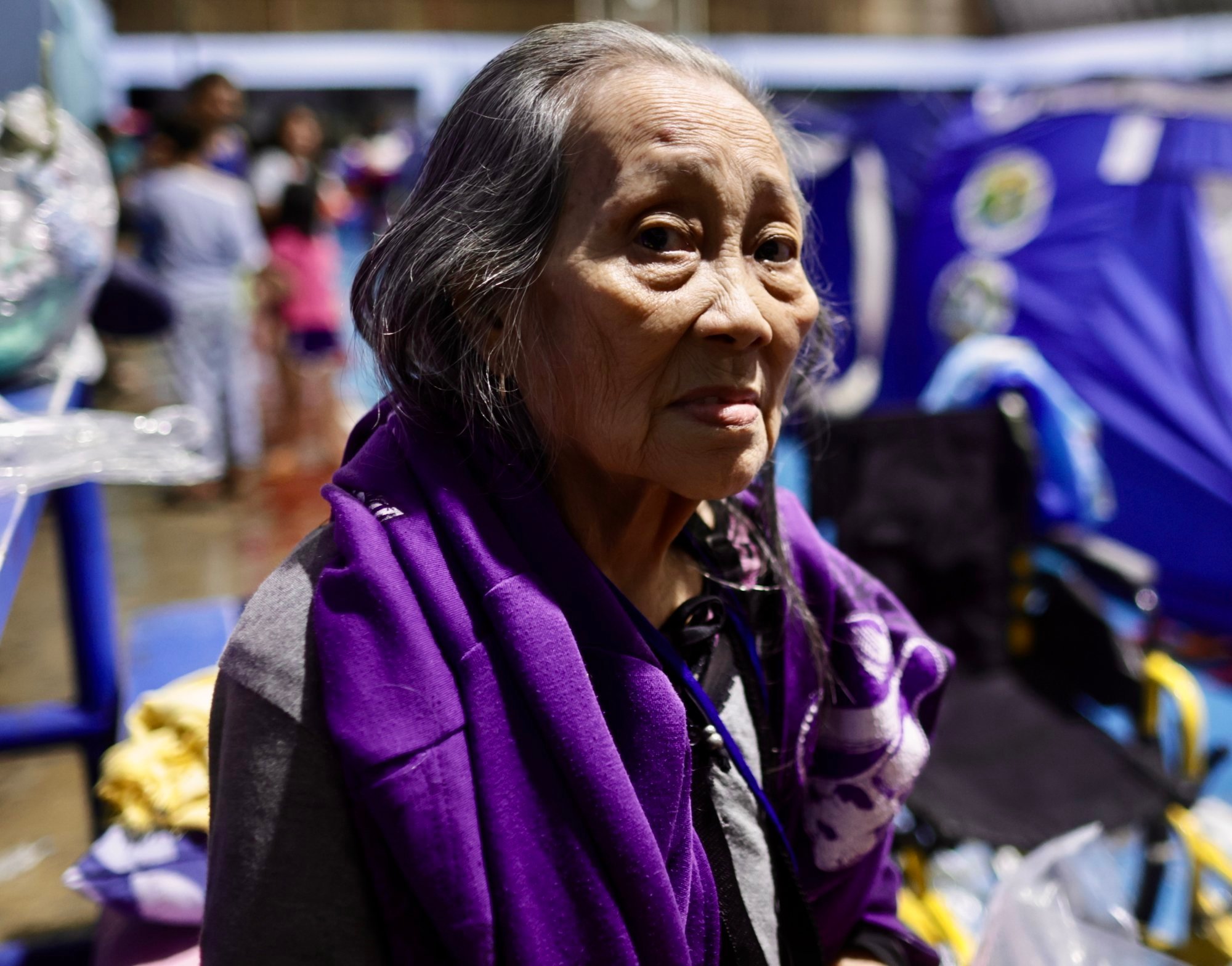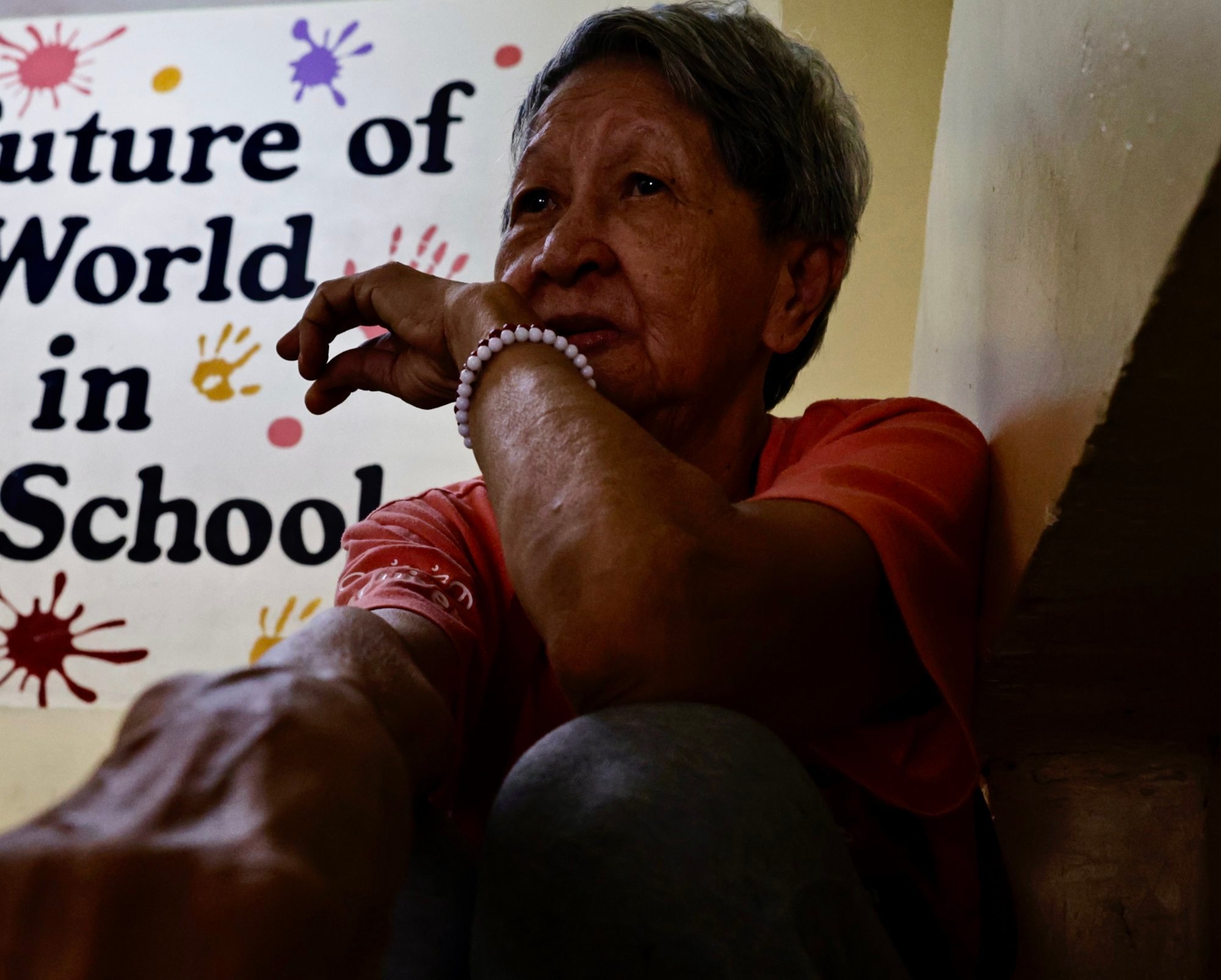Philippines debates jailing adult children for parental neglect
A senator’s controversial bill proposes up to six months’ imprisonment or hefty fines for those who fail to support elderly parents

Should adult children face prison for failing to care for their elderly parents? That’s the contentious question dividing the Philippines after a senator revived a bill to make filial neglect a criminal offence.
Senator Panfilo Lacson first pushed his Parents Welfare Act in 2019 but it failed to gain much traction. The bill, which he refiled earlier this month, recognises care for the elderly as a shared duty of children and the government, but if enacted it would empower courts to penalise those who fail in their filial obligations.
“This proposed bill … seeks to further strengthen filial responsibility and to make it a criminal offence in case of flagrant violation thereof,” Lacson said in a statement on July 15. “Abandonment of a parent in need of support shall likewise constitute a criminal act.”
Lacson lamented seeing abandoned elderly people on Philippine streets, noting that, despite a cultural tradition of strong family bonds, “children fail to provide the necessary support to their ageing, sick and incapacitated parents. This happens despite our moral and natural obligation to maintain our parents who are in need of support.”

Under the measure, children would be legally obliged to provide for parents unable to support themselves, with the duty passing to grandchildren if necessary. Parents seeking redress could access free legal representation, while children failing to provide support for three consecutive months, without valid reason, would face up to six months’ imprisonment or a fine of 100,000 pesos (US$1,800).
The proposal comes as the Philippines confronts complex challenges around care for the elderly, from age-related discrimination and patchy healthcare to an underfunded social security system. In March, the Commission on Human Rights warned of the growing marginalisation of older adults.

But Lacson’s bill has provoked a wave of public anger. Many Filipinos bristled at the idea of being compelled to support parents who may have failed in their own parental duties.
“Parents who cannot provide their children with basic food, shelter, clothing and education should be penalised too. If you cannot give your children a good life and a bright future, don’t make one,” one social media user wrote.
Another added: “My parents never took care of me. They left me when I was two. I should never feel obligated to help them.”
Critics say the bill is trying to do the impossible: legislating against “the absence of love”.
“[Lacson] seems to want to force those kids who don’t have a good relationship with their parents into this responsibility,” Jireh Espinosa, a maths teacher, told This Week in Asia. “But you can’t legislate that, and forcing people will only cause further friction.”
He seems to want to force those kids who don’t have a good relationship with their parents into this responsibilityJireh Espinosa, Filipino teacher
Others denounced the bill as “anti-poor”, highlighting the financial burdens faced by many families and the inadequacy of public support for the elderly in the Philippines.
Unhandled type: inline-plus-widget {“type”:”inline-plus-widget”}
“It’s unjust to punish children for the state’s failure to provide adequate elder care, especially when the elderly already contributed taxes and to social security throughout their working lives,” another social media user wrote, noting that low wages and rising living costs already threatened younger generations.
“Forcing children to shoulder legal and financial burdens for their parents will create resentment, deep intergenerational conflict and encourage generational poverty.”
Facing mounting criticism, Lacson clarified on his website that the bill would target only “less fortunate elderly parents” who have been neglected by their children and explicitly excluded cases where children had been abused or where parents had failed in their own duties.

Mandating filial piety
Lacson’s proposal is rooted in the Asian cultural tradition of filial piety, observers say, with parallels in China and Singapore, where similar laws draw on Confucian values – but their enforcement is often inconsistent.
“These are different policy framings of a shared concern: elder care. In Asia, this often takes on a moral and cultural tone, while in other regions it’s tied to the logic of the welfare state,” said Athena Charanne Presto, a sociologist at the University of the Philippines Diliman.
Presto said that while such laws exist in some Western countries, they are generally framed as matters of financial liability, not moral obligation.
Gino Trinidad, a political scientist at Ateneo de Manila University, said that such proposals helped politicians align themselves with cultural values. “Close family ties and filial piety are considered Asian values,” he said. “By legislating for the supposed public good, legislators can improve their appeal to the electorate.”

However, Trinidad cautioned that Lacson’s bill, which is set to be discussed after Congress formally opens on Monday, might ignore the economic realities facing many Filipinos. “For some children, it is just difficult to provide support to their parents given their respective socio-economic conditions,” he said, adding that even if the law accounted for cases of neglect, “implementation [would be] challenging”.
Presto, who also consults government agencies on gender policy, warned that the measure could further entrench social burdens on women.
“The bill extends care for the family from being a societal pressure on women to becoming a legal obligation,” she said. “Formalising filial duty into law without structural supports simply reinforces existing inequalities.”
While few dispute the urgency of addressing the abandonment of the elderly, many argue that the responsibility must not be left to families alone. As the debate rages, the question remains: who should care for the Philippines’ most vulnerable: families, the state, or both?